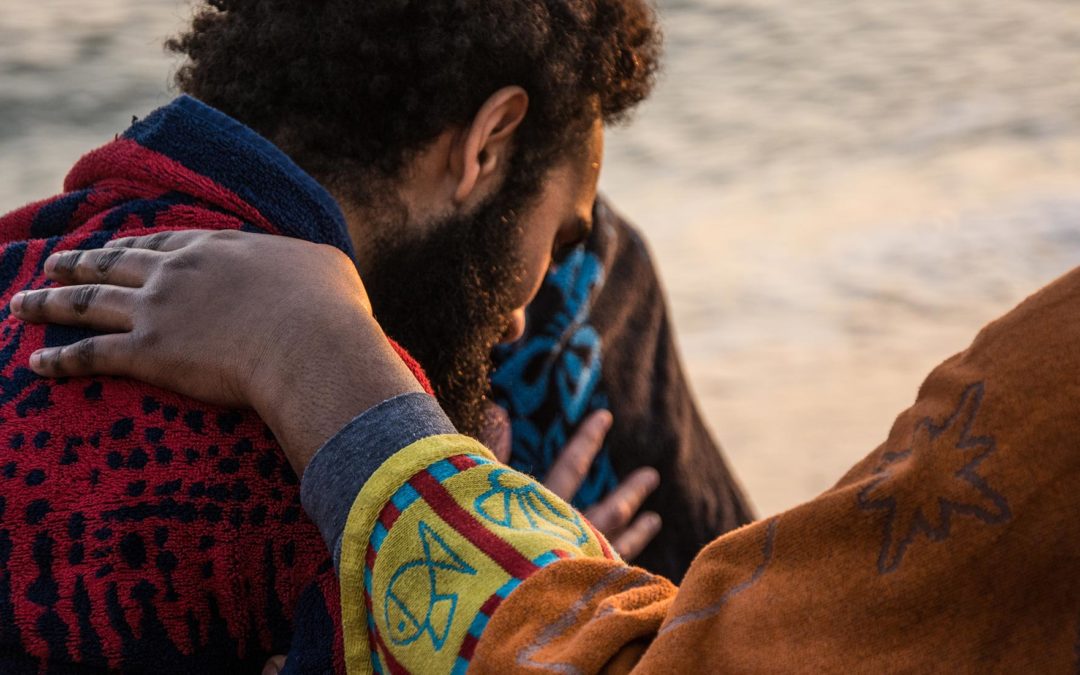I’m Jane with e3 Partners Ministry, circling back with the fourth and final blog post in our “What is church?” series. To recap our discussion of the book of Acts in our previous three blog posts, members of the early Church would:
• hear the Gospel, repent & believe, undergo baptism, and make disciples
• gather regularly and break bread for the Lord’s Supper
• lead well, teach others, and receive instruction from God’s Word
Now we’ll conclude our discussion by looking at two additional core principles of the early Church: worship & prayer, as well as abundant generosity.
Dedication to Worship & Prayer
“Rejoice always, pray continually, give thanks in all circumstances …” – 1 Thessalonians 5:16-18
Readers of Acts 2 will discern that the early believers devoted themselves to communing with God and one another. How? By setting aside an ample amount of time to pray and worship the Lord. The early believers understood that during our prayer time, we acknowledge our dependence on the living God through whom are all things (Romans 11:36). And 1 Thessalonians sheds more light on this concept by commanding us to pray without ceasing. In other words, our hearts should desire constant communion with God, so we may be continually renewed by the Spirit.
When the disciples asked Jesus to teach them to pray in Luke 11, He modeled a beautiful prayer for us; one that not only emphasizes our need for God’s provision, but begins by aligning our hearts’ desires with His desires through worship & praise.
Have you ever heard someone pray in another language? Our missionaries and church planters have this experience while traveling overseas. e3’s staff members often share that, when a believer’s heart is closely aligned with the Father’s will, they can sense the spiritual power of an earnestly-spoken prayer even when it’s in a different tongue! And we can only imagine how the body of Christ’s collective prayers—spanning history, culture, and language—are so pleasing to God, the one true King who is worthy of our praise.
Abundant Generosity
The final core practice we will examine is generosity. The community of early believers is described in Acts 4:32-37 as having “everything in common” and “not a needy person among them.” At first glance, it might seem hard to fathom that they sold their possessions and entrusted the proceeds to be distributed as any had need. That is, until we take into account their lives of worship!
Paul talks about giving in his letters to the churches, where we learn that generosity was considered an act of worship (Phil. 4:17). And we see in scripture that they were hungry not for material things, but for spiritual boldness (Eph. 6:19).
Applications for the Modern-Day Church
We’ve now identified 11 core practices of the early Church! And I want to encourage you in this; each and every modern-day believer can play a part in helping the body of Christ stay faithful to this biblical model. Whether you are fellowshipping with family and friends, serving in church, or evangelizing in your neighborhood, consider sharing this information with those in your circle of influence.
You have our commitment that, as we help plant churches across the globe, the believers will be taught to embrace these core practices. For our obedience to Jesus is how we can best demonstrate our love for Him (John 14:15). Thank you for your readership and prayers, and may God bless you!

